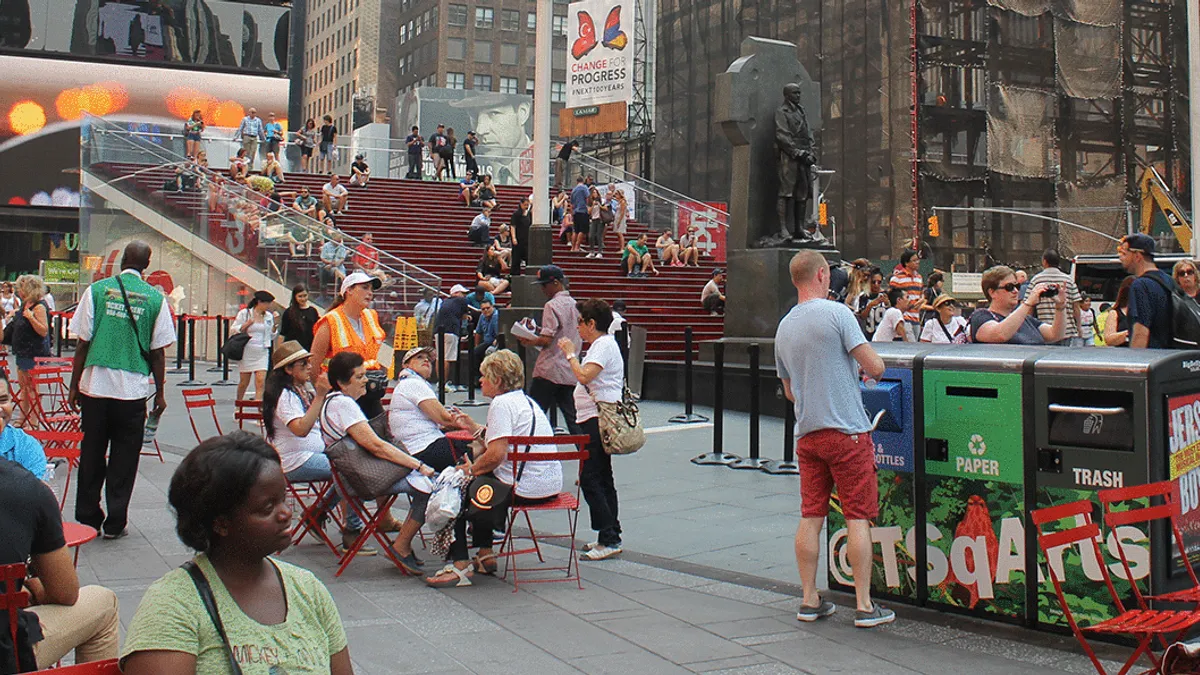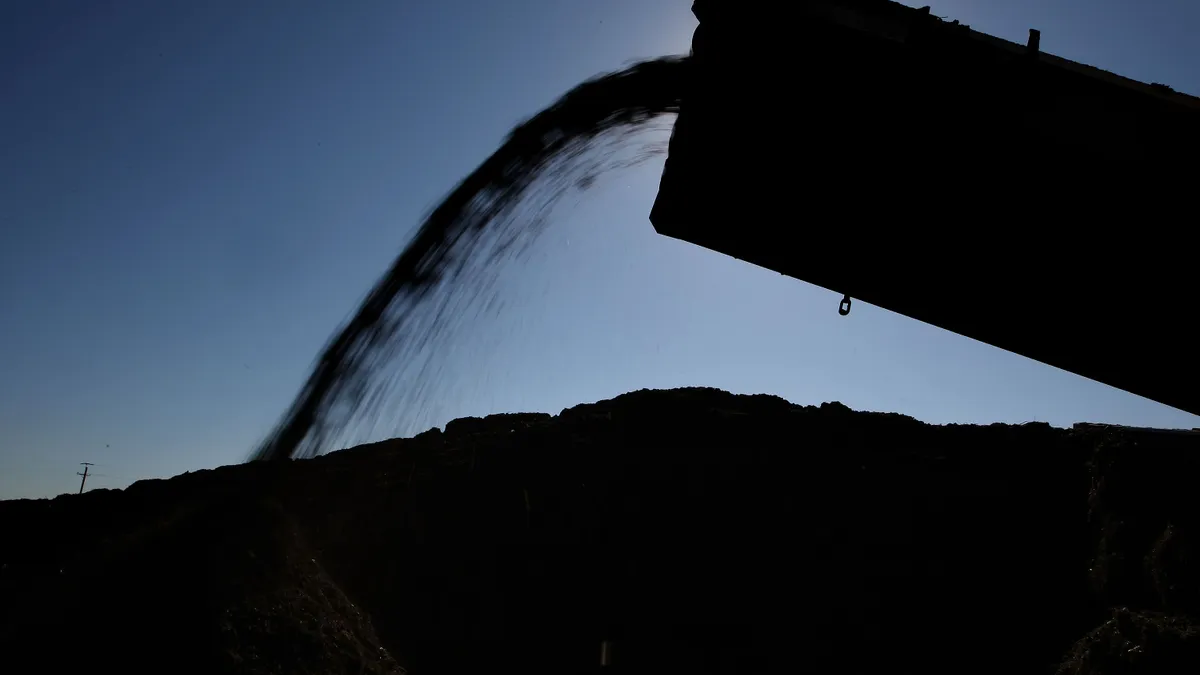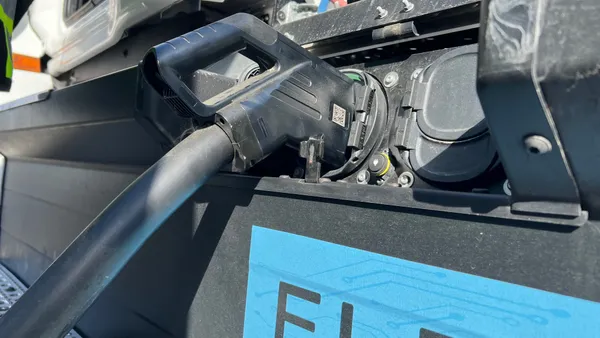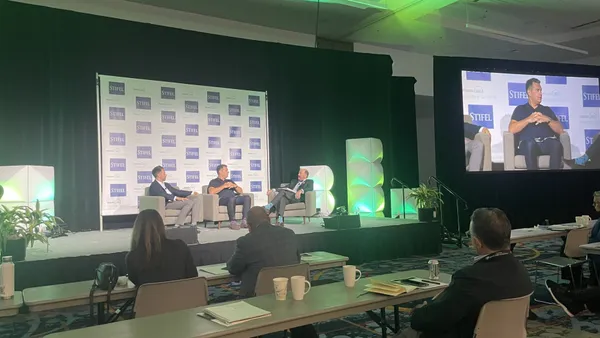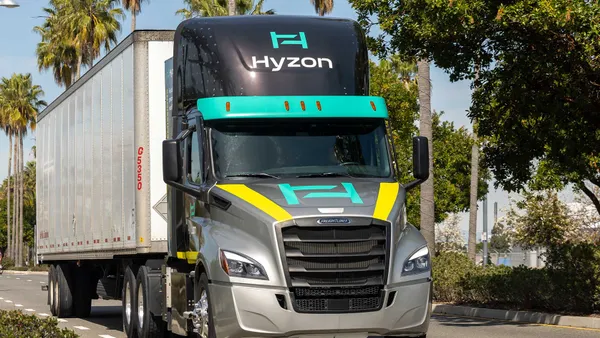Dive Brief:
- Bigbelly Smart Solutions — formally Bigbelly Solar — is testing ways to deploy different sensors on Bigbelly units to measure things like air quality and foot traffic, according to Leila Dillon, Bigbelly's vice president for marketing and North America Distribution. "By the nature of what we do, we happen to be in the places exactly where the people are," Dillon said in an interview. "We have to be there, because they need a place to put their waste and recycling."
- About a year ago, customers could start attaching Wi-Fi hotspots to units. At the recent Mobile World Congress Americas, Bigbelly announced that they were working with mobile providers and carriers to put small cell and wireless equipment in Bigbelly units to help with cities having cellular bandwidth issues. "We're very much focused on the small cell component. We've had a lot of interest from the carriers, from the network providers. Everyone is struggling how to figure out how we can get more small cell at these different locations. A large amount of our effort is going into that," Dillon said.
- She added that four areas are currently testing sensors for foot traffic, but she couldn't yet disclose where those tests were happening. The beacons and sensors, Dillon said, should be available by the end of the fourth quarter. On its website, in addition to noise, air quality and foot traffic data, Bigbelly lists potential applications such as location-based alerts and creating an emergency broadcast system.
Dive Insight:
Bigbelly made a name for itself by providing a functional and sustainable way for cities to improve efficiency in trash collection. Since Bigbelly units come with trash compactors and alert managers for collection workers when the units are full, Dillon said, cities see an average 80% increase in efficiency when it comes to checking and collecting trash from public cans. Since the units are solar-powered and can store energy with an in-unit battery, they can be deployed in a wide variety of locations. While garbage collection isn't the glitziest of topics, managing solid waste and recycling in a city is a crucial part of keeping cities clean and healthy.
Much like Philips Lighting, Bigbelly is looking to leverage existing and crucial city infrastructure to boost connectivity and gather more data for cities. As cities increasingly turn to location-based data to make decisions, tools like the ones that Philips and Bigbelly are working to implement could become indispensable for understanding what happens in a city.
Like other smart solutions, Bigbelly offers a real-time online platform that can show when and where trash needs to be collected. The efficiency created by programs that allow managers to track which areas need attention can be a cost-saving method for cities. It can also keep trucks off the road, saving gas and cutting down on air and noise pollution.


